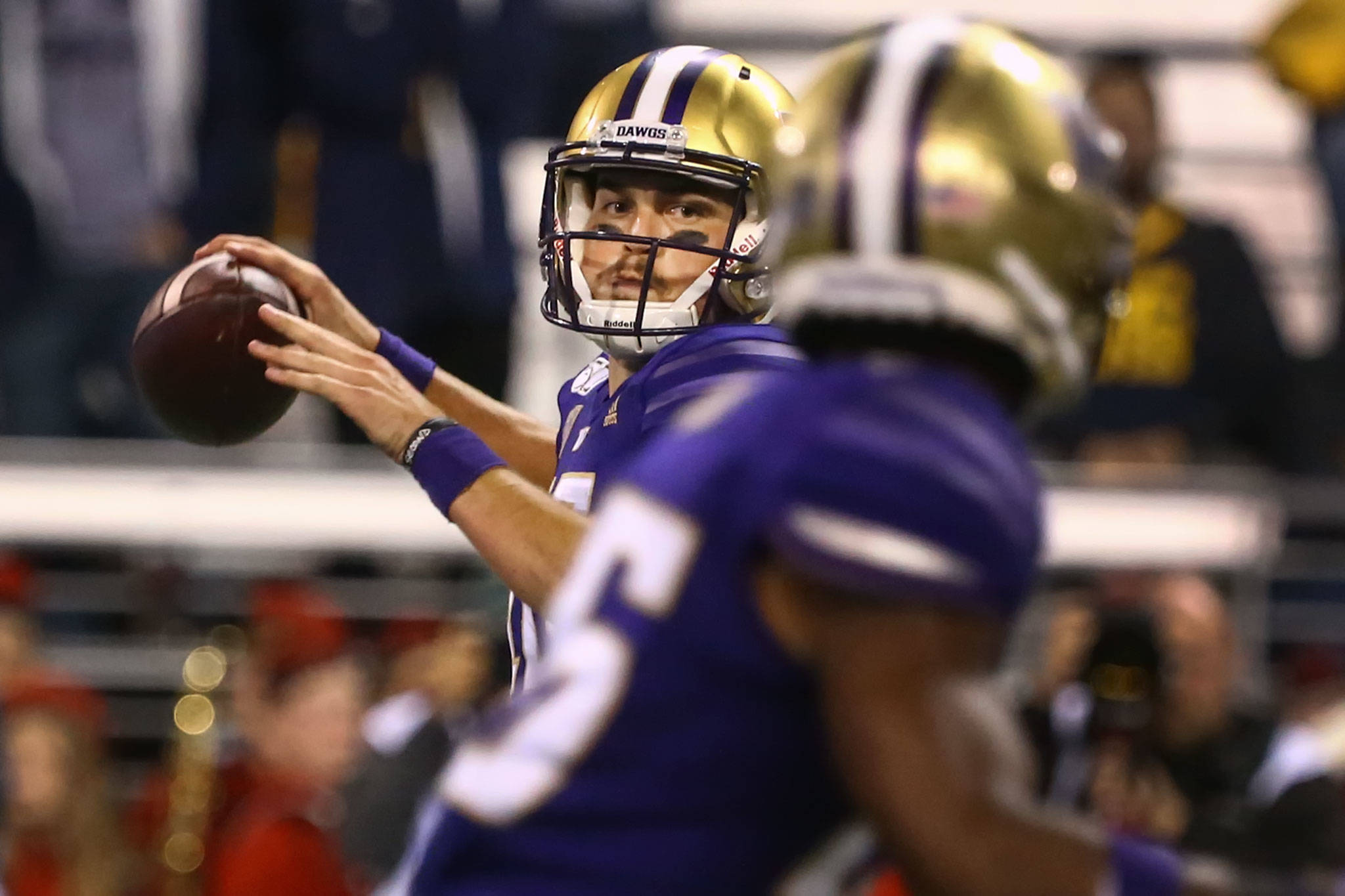By The Herald Editorial Board
Please excuse the sports metaphor, but with California lawmakers having scored a touchdown for that state’s college athletes, their fellow lawmakers in Washington state should now prepare to take the field on behalf of ours when the session begins in January.
Last week, California’s Gov. Gavin Newsom signed legislation — adopted unanimously in its Assembly — that will allow college athletes to receive compensation beyond what they receive in the form of scholarships and stipends for tuition, room and board and in some cases medical care. Long prevented from doing so by National Collegiate Athletic Association rules, college athletes in that state will be allowed to enter into endorsement deals and otherwise trade on their talent and can also sign contracts with agents to manage those affairs.
It’s not that college athletes are not compensated, at least those on full-ride scholarships, but the legislation addresses equity and fairness in the interests of student athletes, especially when considering the billions of dollars — at least $14 billion, in fact — that flow each year to college sports, universities and the NCAA itself, none of which would exist without those athletes.
The best analogy to the relationship between athlete and the collegiate sports industry we’ve seen was provided by lawyer and antitrust expert Andy Schwarz at an Olympia hearing earlier this year before the state Senate’s higher education committee regarding similar legislation. Schwarz likened college athletics to horse racing: The owners, trainers and jockeys make money from the horse’s performance; the horse gets a bucket of oats and a stall in the stable.
The protests quickly followed passage of California’s new law, claiming it will destroy the ethic of amateur sports, force unintended consequences and blur the line between college and professional sports. But the NCAA has already blurred that line when it has been to its benefit, specifically in signing multi-billion dollar deals for broadcast rights that feed the marketing of players that follows. The NCAA has a $6 billion contract with ESPN for the rights to the college football playoffs, while CBS and TBS are paying $1 billion a year to broadcast March Madness basketball tournaments through 2032.
To the claim that college athletes get their compensation when they turn pro, that’s a payday that never arrives for the vast majority of college athletes. Allowing students to make some money from their talent and training during their college years would provide fairness to those who don’t make it to the professional level.
The rule change could also benefit athletes in sports and on teams that don’t draw the largest crowds, in particular women’s athletics. Endorsement deals for women’s crew or softball or men and women’s track and field won’t be enough to retire on, but could at least provide some compensation for their effort.
There is reason for caution, specifically because California’s law benefits only athletes in California and would tend to give an unfair recruitment advantage to its universities. Why sign a letter of intent with Washington State when you might snag an endorsement deal by playing for the University of Southern California?
There is an allowance for such unintended own-goals in California’s legislation; it won’t take effect until 2023, giving the NCAA ample time for the reconsideration of its rules regarding student athlete compensation, which it started in May when California began work on the legislation.
The bill Washington state legislators considered — but which didn’t see a vote in the full Senate — likewise would have only been triggered once states representing 15 percent of the U.S. population had adopted similar laws.
The NCAA could challenge the California law’s constitutionality in court and also has the option of barring California’s universities from playing in showcase tournaments and playoffs, freezing those colleges out of very lucrative compensation that supports athletic programs. So far, it has not thrown those flags, and instead has said it is working on the rewrite of its own guidelines.
A national standard, adopted by the NCAA, would be preferable to a patchwork of unevenly applied laws.
But pressure will need to be kept on the NCAA. Now on the sidelines, Washington state lawmakers should watch as the NCAA runs its offense but be ready with the legislation in its playbook.
Talk to us
> Give us your news tips.
> Send us a letter to the editor.
> More Herald contact information.

























